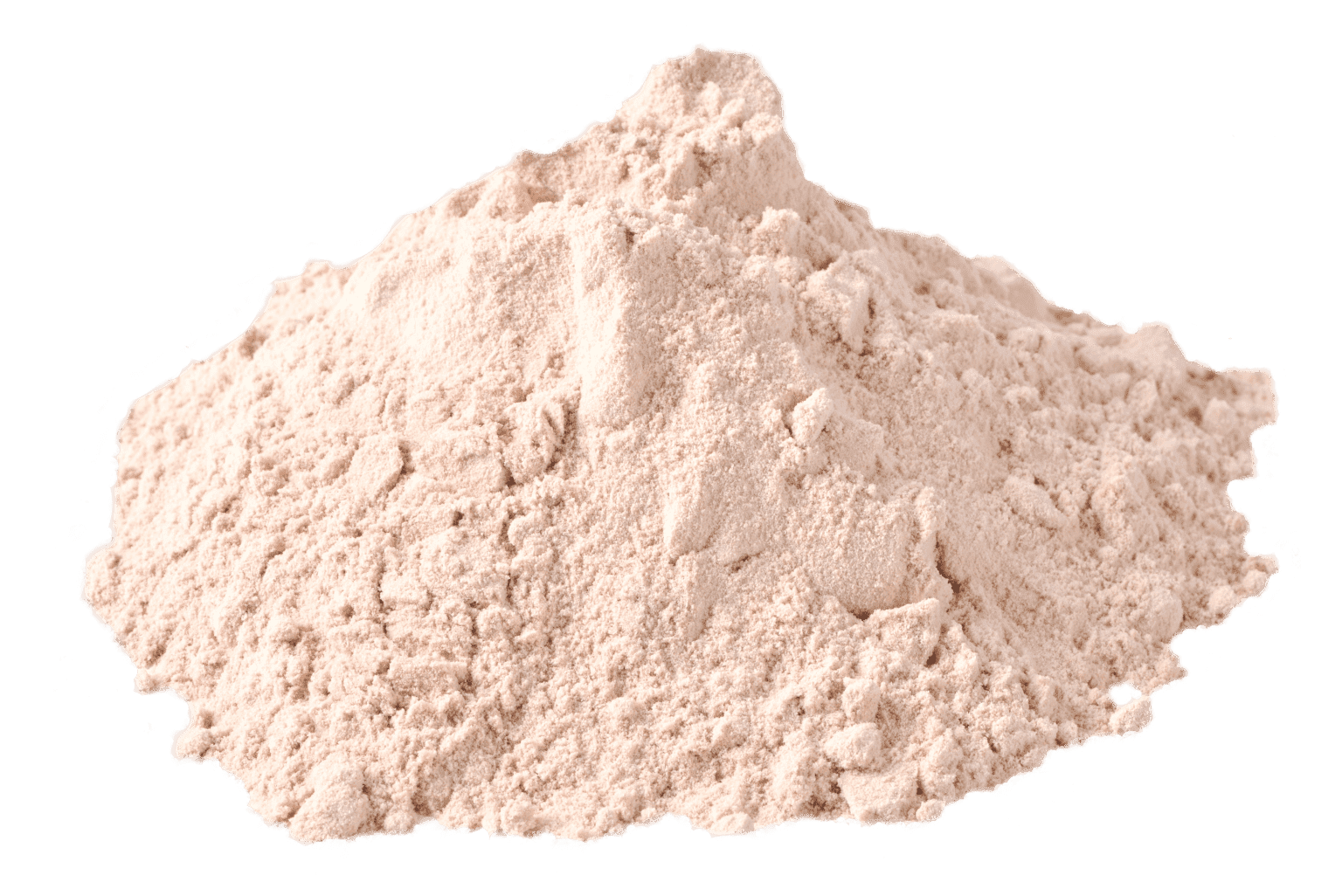In this article we´ll explain what exactly postbiotics are, what they are for, what are their benefits and if we should evaluate including them in our feed formulas.
Today, probiotics and prebiotics are almost mandatory ingredients in pet food, since we know every day more benefits for the animal health . The truth is that a large part of the immune system of pets is associated with the intestine, so intestinal health is closely related to the general immune health of the animal.
But what are postbiotics?
By postbiotic we understand a thermostable and bioactive metabolic by-product, originating from intestinal membrane segregation. When probiotics (the good bacteria of the intestinal flora) digest and use prebiotics (the food of the bacteria), the final 'result' of this process is the release of postbiotics in the intestinal environment. In fact, their name 'pos' refers to the fact that they are produced after the interaction between intestinal microbes.
The simple formula is: prebiotics + probiotics = postbiotics.
Postbiotics can include metabolites such as enzymes, peptides, proteins, exopolysaccharides, organic acids and lipids (short chain fatty acids - SCFA such as acetate, propionate and butyrate), and fractions of structural components, mainly of the bacterial cell wall, such as teichoic and lipoteichoic acid, peptidoglycan, bacterial surface layer proteins, and other polysaccharides.
Because they are important?
Various investigations affirm that intestinal microbiota plays an important role in practically all the functions and processes of the body, and can be altered by factors such as stress, diet, age or the consumption of drugs or medications, among other causes.
The main difference from probiotics and prebiotics, and the main reason they are increasingly being included in dry food formulas, is their alteration target. That is, while the first two alter the composition of the intestinal microbiota to prevent diseases, postbiotics are responsible for modifying the function of said microbiota to strengthen and improve intestinal health in general.
In a simple way, we can say that, as metabolites, postbiotics are responsible for guiding and activating the immune system and promoting anti-inflammatory responses throughout the body. Some ingredients that began to be used and that promote the segregation of postbiotics are brewer's yeast or derivatives of it such as mannan-oligosaccharides and beta-glucans.
'Postbiotic metabolites are the new frontier in microbiota science. Scientists are discovering that postbiotic metabolites are the main health regulatory compounds in the body. Probiotic bacteria produce postbiotic metabolites, which are the tools that result in a predisposition towards the health of the immune system. The body that has a wider range of "tools" in the microbiota will be more effective, which does a better job of regulating the health of the whole body. "
Pelton, 2019
Benefits associated with postbiotics
Energy
Postbiotics are an important source of energy for the probiotic bacteria themselves and for the epithelial cells that make up the intestinal lining. In this sense, the short chain fatty acids that compose them are responsible for working to optimize motility within the gastrointestinal tract and reduce inflammation.
Endurance
One of the main disadvantages of probiotics in pet food is that they are live bacteria that often do not survive the different production methods used today to make feed, such as extrusion and its various types, for example. On the contrary, this is something that does not happen with postbiotics, according to several experts.
Other benefits associated with these bioactive by-products are:
- Optimization of the general immunity of the body, because it reinforces the integrity of the digestive mucosa and the mechanisms of nonspecific immunity of the animal.
- Maintaining a healthy gut microbiota.
- Increased vitality.
Conclusion
While the specific mechanisms by which postbiotics work have yet to be fully discovered, what is known about their broad spectrum of benefits and immunomodulatory effects is relevant enough to include them in pet food formulas (Wegh et al., 2019). So far, what can be said is that postbiotics can positively affect the animal immune system.
As we already know, pet owners are increasingly concerned about the pet food ingredients they choose for their dog or feline children, and so much so that the trend for Premium food does not stop: they continue to search for new, innovative and innovative ingredients. high nutritional value.
We believe that food manufacturers should find innovative ways to differentiate themselves in the market, now taking into account this new ingredient that can be most beneficial for the short, medium and long term health of pets.
by All Pet Food
You could be interested: Functional properties of spray dried plasma (Part 4)
About author
Luciana ChippanoI am Luciana Chippano, I accompany digital business owners in Latin America to grow by boosting their sales with the most powerful tool: communication. I am CEO and founder of the first academy of Copywriting and strategic digital communication in Latin America. And from there I accompany business owners with personalized mentoring, workshops, courses and advanced training to optimize their communication and sell more.
About author
María Candelaria CarbajoI’m a creative, interdisciplinary person, translator, and editor. I collaborate in producing and writing creative, high-impact projects to promote cultural exchange, transmit differential values, and connect with people/the audience. Likewise, I enjoy teamwork and joining forces, experiences, and knowledge to bring the world all the potential of those ideas that seek to impact people’s lives positively.
Micro Ingredients
02/11/2023


































